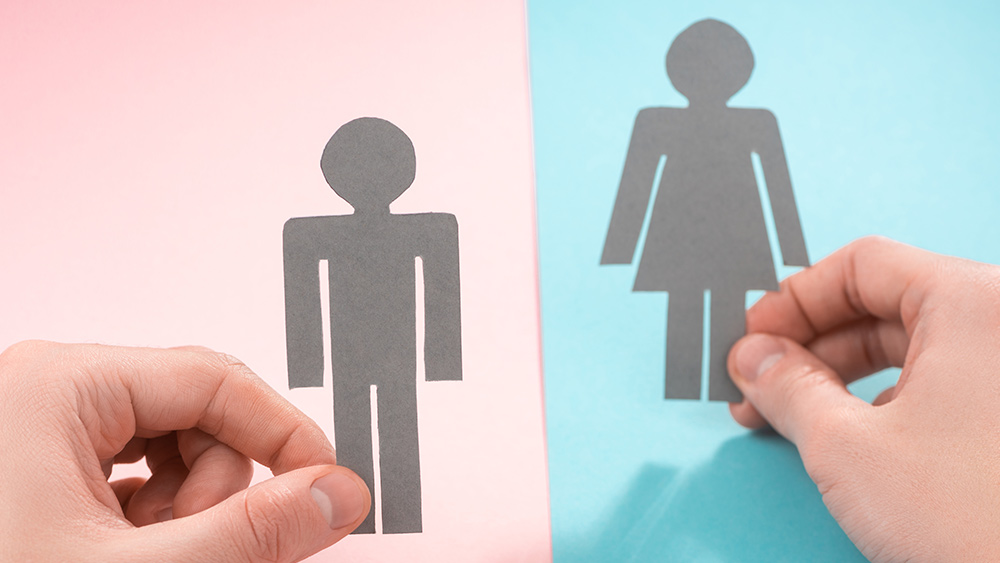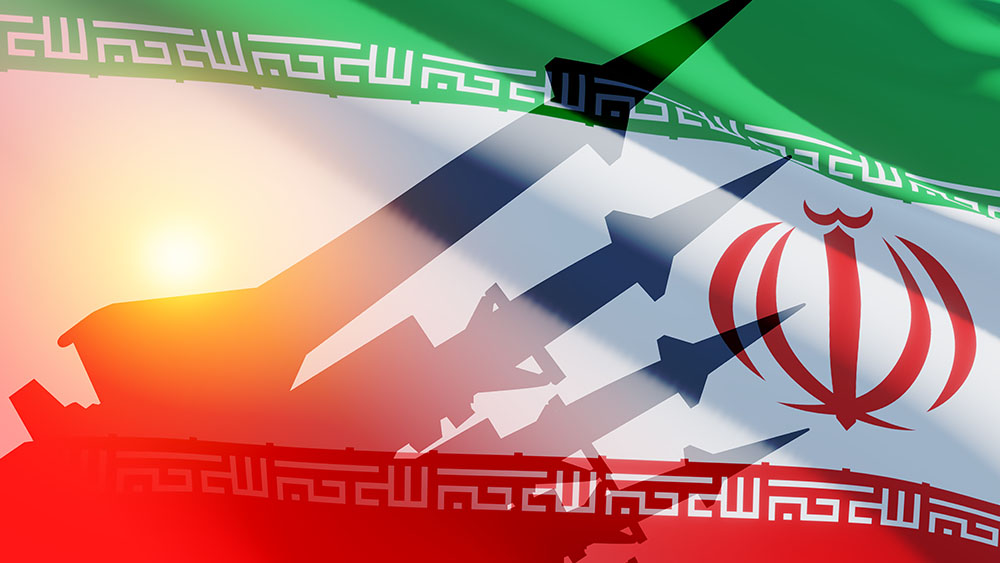 Parler
Parler Gab
Gab
- Starting September, all smartphones and electronic devices sold in Russia must come preloaded with a government-developed app that consolidates digital ID, messaging and access to public services.
- The platform will allow users to verify identity, sign documents, access benefits and conduct financial transactions, effectively replacing many physical forms of identification.
- The law mandates that the app be developed by a Russian company with at least 500,000 daily users, subject to existing state censorship and monitoring requirements.
- VKontakte, Russia’s leading social network with ties to the government, is expected to lead the project, building on its existing "Max" super app.
- Critics and independent outlets warn the initiative may expand state surveillance and content control, likening it to China's WeChat and India's Aadhaar, but with more aggressive, mandatory implementation.
Russia's "digital sovereignty" push sparks fears of surveillance
The Kremlin has promoted the initiative as a leap forward in convenience and digital modernization, but critics see it as the latest step in a broader campaign to assert digital sovereignty – a long-standing policy aimed at replacing foreign platforms with domestic alternatives and tightening state control over the digital sphere. "Officials continue to frame the initiative as a convenience for citizens, promising tighter integration with the Gosuslugi portal and a more streamlined way to interact with public institutions," Ken Macon wrote in his article for Reclaim the Net. "Yet the move also represents a dramatic consolidation of data, identity and digital communication under state oversight, reviving longstanding privacy concerns in a country where centralized digital control has been steadily expanding." Since the invasion of Ukraine in 2022, Russia has accelerated efforts to become technologically self-sufficient. Western tech companies have exited or curtailed operations in Russia, leading Moscow to expand homegrown alternatives. Bans on services like Facebook, Instagram and Twitter were followed by the rise of state-supported platforms and tools, now culminating in the creation of a centralized digital ecosystem. Moreover, independent outlet Meduza raised concerns that the project could heighten surveillance and tighten content control, particularly in light of VKontakte's longstanding relationship with Russian state authorities. Visit PrivacyWatch.news for more stories like this. Watch this video to learn how the digital ID will control your life.More related stories:
Digital ID system incoming: Nebraska now collecting citizens' digital health data.
Utah introduces new digital ID blockchain law.
Australia following Communist China's footsteps with digital ID system.
U.K.'s digital ID push exploits immigration crisis, critics warn.
California expands digital ID initiatives with new pilots and partnerships.
Sources include: ReclaimtheNet.org Interfax.com Almayadeen.net Brighteon.comReport: Five major hospitals defy Trump order, continue child gender transitions
By Belle Carter // Share
U.K. to ban Palestine Action as terror group after RAF break-in
By Laura Harris // Share
White House engages in geopolitical judo: Is Trump playing ‘5D chess’ against Netanyahu?
By Finn Heartley // Share
Ceasefire in name only: Israel-Iran conflict far from over despite pause in hostilities
By Finn Heartley // Share
Tesla robotaxis under fire as U.S. and France probe safety failures
By Cassie B. // Share
Governments continue to obscure COVID-19 vaccine data amid rising concerns over excess deaths
By patricklewis // Share
Tech giant Microsoft backs EXTINCTION with its support of carbon capture programs
By ramontomeydw // Share
Germany to resume arms exports to Israel despite repeated ceasefire violations
By isabelle // Share










